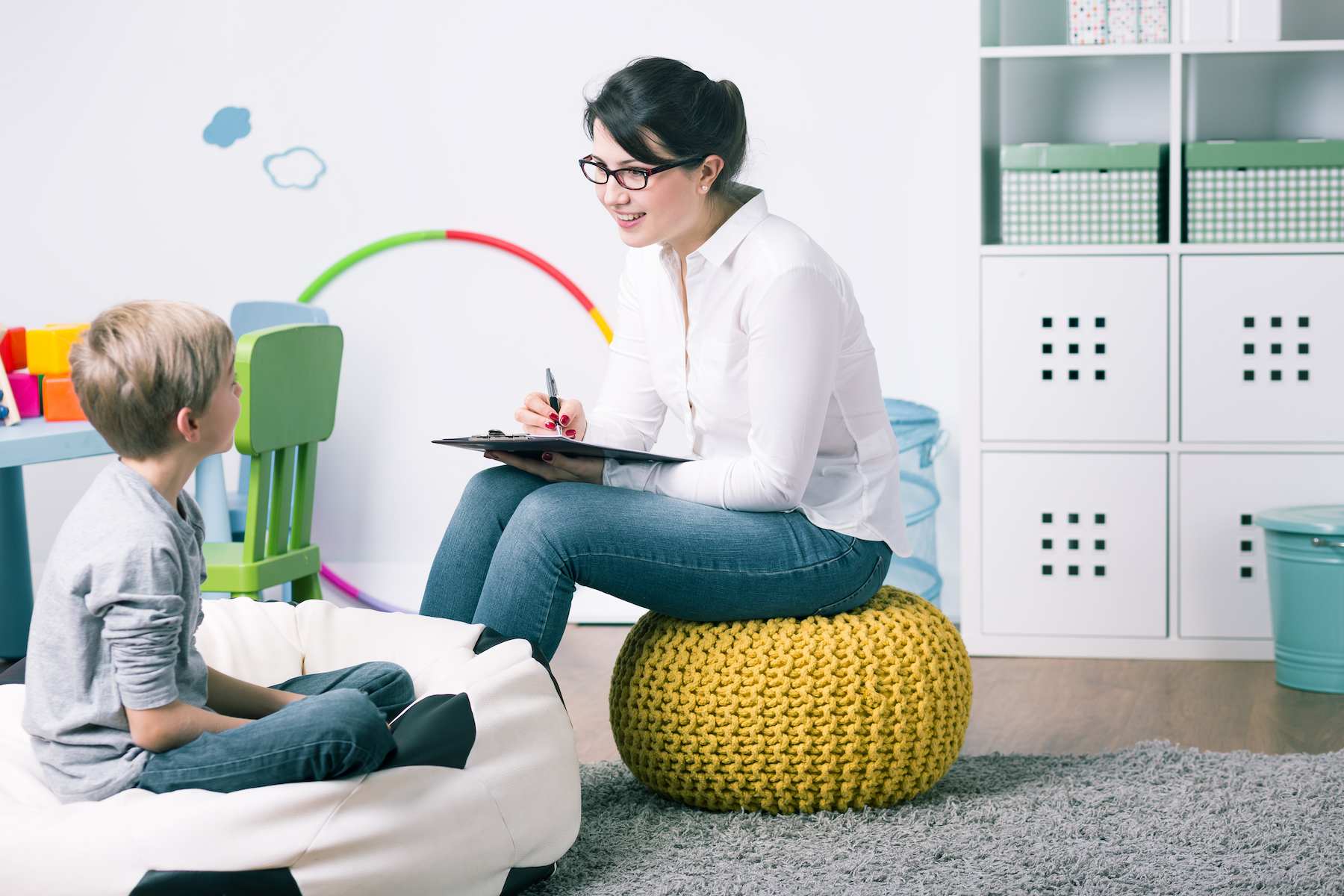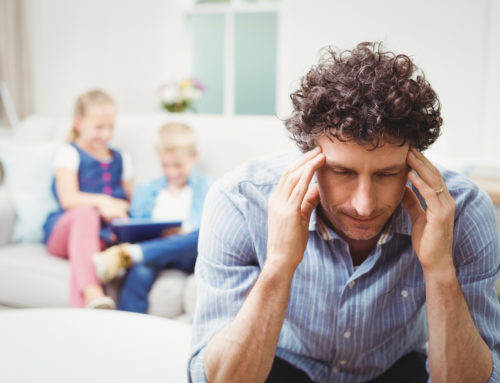Divorcing parents are frequently advised that children need to be in therapy in order to best handle the divorce process. However, that’s not always the case. Therapy shouldn’t be done when there’s no clear need for therapy.
Children react differently to divorce, depending on their age
Young children ages 2-7 have what’s called an egocentric world view, which means that they have difficulty thinking outside of their own viewpoints and typically believe that the world revolves around them. As they get older, children become less egocentric. Between the ages of 7 to 11, children become more logical and begin solving problems inside their heads. Children 11 years and older can usually understand abstract concepts, consider multiple variables and develop their own hypotheses based on previous knowledge.
Young children will react to their parents’ divorce in a self-centered manner, and that’s okay. It doesn’t mean your child is or will become a narcissist, it’s simply due to their state of cognitive development. This may be displayed in several different ways. One common example is for children to believe that they either did or didn’t do something that caused their parents’ divorce.
Beginning around seven years of age, children should be able to understand they weren’t the cause of their parents’ divorce, but they may still react to this major change in their life. A common reaction is for older children and teens is to display extreme emotions, such as intense anger or overreactions. This is normal and not an indicator that your child is bipolar, has Attention Deficit Hyperactivity Disorder (ADHD), or is depressed. Instead, it signifies that your child is expressing the angst they’re currently experiencing. It doesn’t necessarily mean they need therapy.
How to tell if a child needs therapy
Children will often process their feelings at home, where it’s safe. Because it may be difficult for kids to verbalize how they feel, parents can help their children work through their feelings and understand how certain emotions caused specific actions or behaviors. For some children, this may be enough. Others may need additional help.
Some children will experience such strong emotions that it negatively impacts their school experience, their social experience, and their home experience. If you begin to notice or hear from friends’ parents and the school that your child’s behaviors have significantly changed, then your child may need therapy to help process their feelings.
There are two different types of child therapy: play therapy and talk therapy. Determining the type that will work best depends upon your child’s age and personality. What’s most important is that your child forms a connection with their therapist, which typically occurs in the first or second appointment. That connection is the key to a successful therapeutic process. It will enable the therapist to help your child find healthier ways to process their life experiences.
In conclusion
It’s important to recognize that children are reactive to major life events. Displaying self-centered or extreme emotions doesn’t necessarily mean they need therapy. You may be able to help them work through their feelings without the help of a professional. But if your child’s reaction begins to negatively impact their life, it’s time to find a therapist who can help your child understand and manage their emotions.






